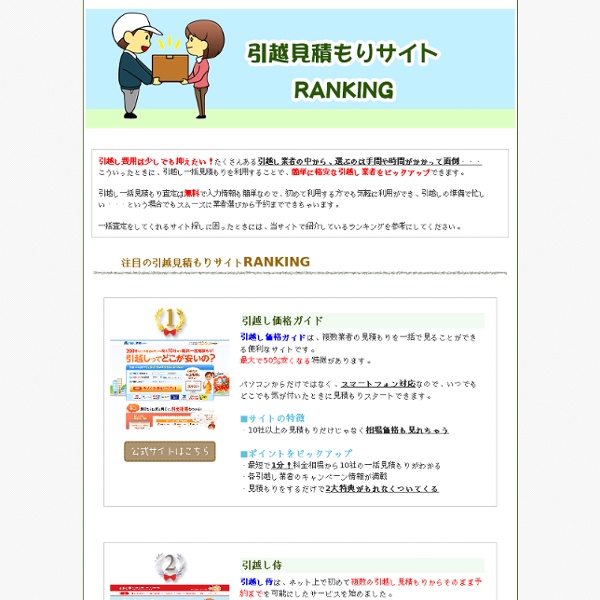



BBF 2007-06 | Dossier Dossier Nouveaux outils pour la recherche Les sites wikis sont des outils permettant de partager rapidement de l’information, puis de la compléter et de l’organiser progressivement. Si ce mode de rédaction collaboratif a d’abord été popularisé à travers le projet encyclopédique Wikipédia 1, des applications plus limitées en sont également possibles, autour de thèmes spécifiques et de communautés d’utilisateurs déterminées. La facilité d’utilisation et de mise en place des wikis en fait l’un des instruments privilégiés que les professionnels de l’information peuvent maintenant utiliser pour mutualiser leurs connaissances ou pour accompagner leurs projets. Cet article propose quelques conseils d’utilisation de ces sites, fondés sur les expériences de bibliothécaires français et américains. Pourquoi choisir un wiki ? Il existe différentes formes d’usages collaboratifs sur internet, présentant chacun des avantages et des inconvénients 2. Comment participer à un wiki ? Comment installer un wiki ? Comment susciter de la participation ?
Group: Librarians who LibraryThing librarians, catalogers, archivists, students... or anyone else who wants to talk about metadata, tagging, FRBR, library 2.0, social software, cataloging, and, of course, LibraryThing! Total members: 9,286 members Recent members: heymay, kpny88, m32446, CarlaDMurphy, schauch, LGHunt, thorino, TeenLIB14, camille.regnault, JenNicholson, S.D., mbbassdrlib, kateferguson, MarielaNadal, Karina78, tamarafarmgirl, AnaBorsini, cforisha, Velmeran, KristinPuranen, lucas.schneider, printrun, jen.e.moore, rdevikumar, RFElibrarylady, blue_cat, Anuradha.seth, Nicholae, web2.penacova, Irene.wang Loading... The Technology Place for Nonprofits You hear a lot about nonprofits here at TechSoup. But TechSoup also has many resources for libraries. Some resources are for libraries specifically, others are relevant to both libraries and nonprofits. High-Quality Discounted Technology Products for Libraries TechSoup distributes donated and discounted software and hardware products to eligible nonprofit organizations and libraries. Each of TechSoup's donated and discounted product programs has specific eligibility guidelines, but public libraries that are listed in the Institute of Museum and Library Services (IMLS) database or have 501(c)(3) nonprofit status are eligible for many of these programs. For product donations, organizations must join TechSoup, register their library (note that each branch must register separately), and submit qualification documents. Learning Resources for Libraries All of these resources are free to any organization, including libraries, regardless of mission type or nonprofit status. Want more TechSoup?
14 “OTHER” Ways to Use RSS Feeds | MakeUseOf.com (1) SendMeRSS – Send RSS feeds to email SendMeRSS – Also known as R-mail. If you’re more of an email person and like to follow-up on everything from your email inbox then this is for you. SendMeRSS can take any feed and forward updates to your email. (2) MailBucket – Forward Emails to RSS feed [NO LONGER WORKS] MailBucket – Ever wanted to forward emails to your feedreader? (3) TwitterFeed – Send RSS feeds to Twitter TwitterFeed – I have been using Twitterfeed for sometime now and recommend it to everyone. (4) Pingie – Send RSS feeds to Phone [NO LONGER WORKS] Pingie (US only) – Get feed updates as SMS messages. (5) FeedJournal – Print RSS feeds to PDF FeedJournal – Here you can subscribe and convert multiple RSS feeds to an elegant printable newspaper. (6) Wigitize – Add RSS feeds to your Website Wigitize – If you ever need to add some RSS feeds to your website, Widgitize offers a quick and simple way to do that. (7) ReminderFeed – Send Reminders to Feedreader (8) TagMindr
Scholarly publishing with WordPress – ../learninglab/joss Working on the JISCPress project, I’ve been thinking quite a lot about scholarly publishing on the web, and in particular with WordPress. This morning, I read a post over on the ArchivePress blog about some WordPress plugins which are useful additions for creating a scholarly blog and it got me thinking a bit more about what features WordPress would need to support scholarly publishing. JISCPress does away with the idea that WordPress is a blogging tool, and instead uses WordPress Multi-User as a document publishing platform, where one site or ‘blog’ is a document. The way WPMU is structured means that despite serving multiple (potentially millions) of document sites, the platform remains relatively ‘lightweight’ as each document site generates just a handful of additional database tables, while sharing the same administrative core as a single WordPress install. Scholarly publishing extends to a wide variety of published outputs. My Dissertation My dissertation published using digress.it
The TWiT Netcast Network with Leo Laporte My Top-ten Library 2.0 “No-brainers” for Public Libraries « The Other Librarian This is fairly straight-forward post. I was thinking about Library/Web 2.0 applications, hearing about projects that seemed to some to be a bit dubious or misguided and occassionally finding people being a bit dismissive in general about Web/Library 2.0. I have sympathy with some of the Web/Library 2.0 skepticism. So, I thought I’d distill library 2.0 into 10 projects that I say are pretty much “no-brainers.” Low riskLow costLow effortSure to provide added benefit to a good number of userspretty much just common sense service enhancements ANDnot likely to ruffle [needlessly] many technophobe feathers In my view, if you do these 10 things (or some reasonable facimile) you have satisficed the Library 2.0 moniker sufficiently to say you are “L2.” Here they are: 1. Why is it L2? It is open source, and has a whole bunch of cool add-ins, many of which are social-software-ish. Why would my users want it? Some would want it because Internet Explorer is too wonky and proprietary. 2. Why is it L2? 3.
So What is "Feed to JavaScript"?